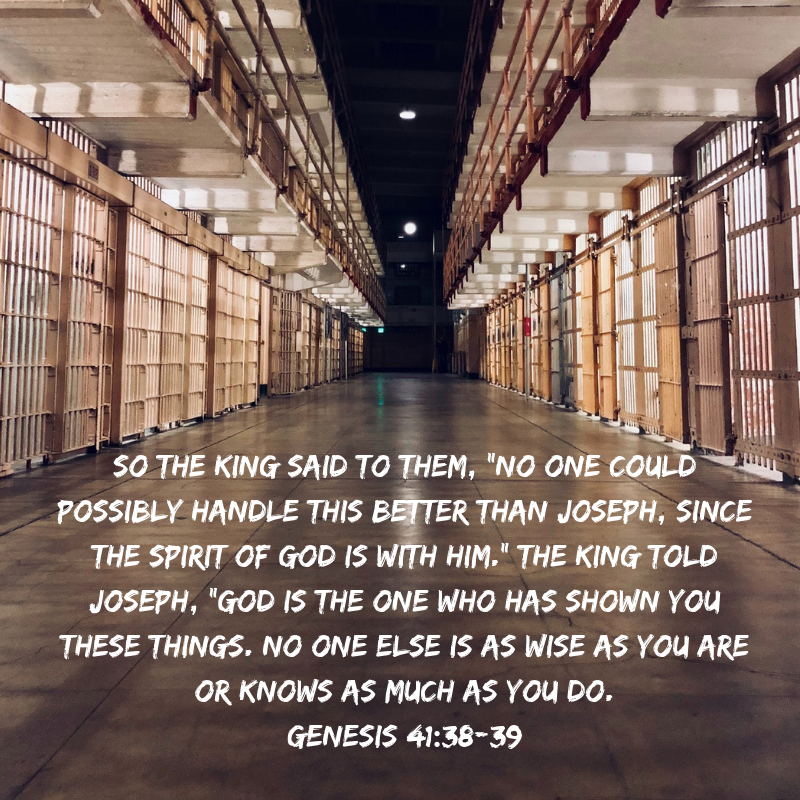Rachel is a cautionary tale
for every woman
who dreams of having
a baby.
Rachel is a reminder—
just the first in a long, tragic history of reminders—
that choosing to have a child
is dangerous business.
Having a child can kill you.
. . .
No, having a child will kill you.
The day you give birth
may not be the last day you draw breath,
but you will, at the very least,
wish you were dead
four hundred times
in the first three months alone.
And though you may not realize it immediately,
the woman you were
before that first peculiar cry cleaved the air
is dead and gone—
she will not be seen again.
The woman who emerges in her place
will have a different sort of heart,
one that is permanently divided—
half of it still inside,
half of it rolling, then crawling, then walking around on two legs,
forever on the outside.
She will have a different sort of heart,
one that can be irreparably ruptured by the beautiful moments
as well as the ugly ones,
one that is no longer impervious to indifference or animus,
one that is no longer her own.
Choosing to have a child is dangerous business.
To make a child in your own image
is to relinquish control of your heart to another being
who may or may not
cherish it.
To make a child in your own image
is to abandon personal rights
for the hope of relationship.
To make a child in your own image
is the genesis of unending sacrifice.
Just ask Rachel.
. . .
Or God.





















